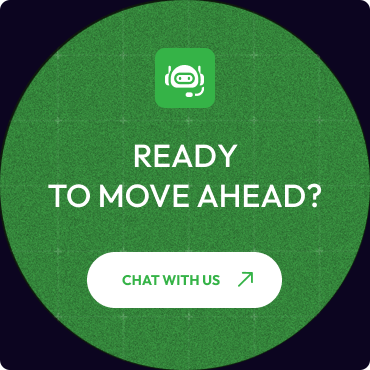Optimize Your Business with Mobile App
A mobile app (or mobile application) is a software application developed specifically for use on small, wireless computing devices, such as smartphones and tablets, rather than desktop or laptop computers.

Types of Mobile Apps
Native mobile apps
Native app development serves a single operating system or platform. They use a programming language that’s specific to that platform or operating system. This is usually a choice of iOS, Android…
Web mobile apps
Web apps are types of mobile apps that draw from web-based technologies. They’re accessed through a mobile device’s web browser, so avoid any download or install onto a device. They’re also internet-enabled which gives them added flexibility and a more responsive design that can work on any mobile device or operating system.
Hybrid Apps
Of all the different types of mobile apps, a hybrid app is a combination of a native app and a web app. In practice, it’s developed as a web app in a native app container. By leveraging certain native platform features and device hardware, hybrid apps offer the benefits of a native experience while flexing to non-native environments. Ex: Instagram, Slack…
Popular Cross-platform Mobile Application Development Frame-work
Native Apps
Native Apps are applications developed specifically for a particular mobile platform, such as iOS or Android. They use platform-specific programming languages and development tools.
- iOS: Developed using Swift or Objective-C and built with Xcode.
- Android: Developed using Java or Kotlin and built with Android Studio.
ADVANTAGES:
- High Performance: Code is compiled directly for the specific platform, ensuring optimal performance.
- Platform Optimization: User interfaces are tailored to meet platform-specific guidelines.
- Full Access: Complete access to platform-specific APIs and device features.
DISADVANTAGE:
- Higher Cost: Development and maintenance can be more expensive as separate codebases are required for each platform.
React Native
React Native is an open-source framework developed by Facebook that allows building mobile applications using JavaScript and React. The code written in JavaScript and React is compiled into native code for both iOS and Android.
ADVANTAGES:
- Code Reusability: The same codebase can be used for both iOS and Android, reducing development time and cost.
- Large Community: A robust development community and numerous libraries are available for support.
- Good Performance: Offers performance close to native apps, particularly for less complex applications.
DISADVANTAGES:
- Performance Limitations: May not match native performance for high-performance tasks or complex graphics.
- Native Feature Integration: Some native features may be challenging to integrate.
Flutter
Flutter is an open-source framework developed by Google, using the Dart programming language. Flutter allows you to build mobile applications for both iOS and Android from a single codebase.
ADVANTAGES:
- High Performance: Apps are compiled to native code, delivering performance close to native apps.
- Customizable UI: Provides extensive tools for creating visually appealing and highly customizable user interfaces.
- Hot Reload: Allows for instant updates to the code and immediate visual feedback without restarting the app.
DISADVANTAGES:
- Smaller Community: Although growing, Flutter’s community and ecosystem are smaller compared to React Native.
- Dart Language: Dart is less common than JavaScript, which may make it harder to find developers.
PadiTech proudly stands as a leading partner in mobile app development, offering comprehensive solutions across native, React Native, and Flutter platforms. With a team of experienced engineers and extensive expertise, we are committed to delivering high-quality products with outstanding performance and exceptional user experiences.






